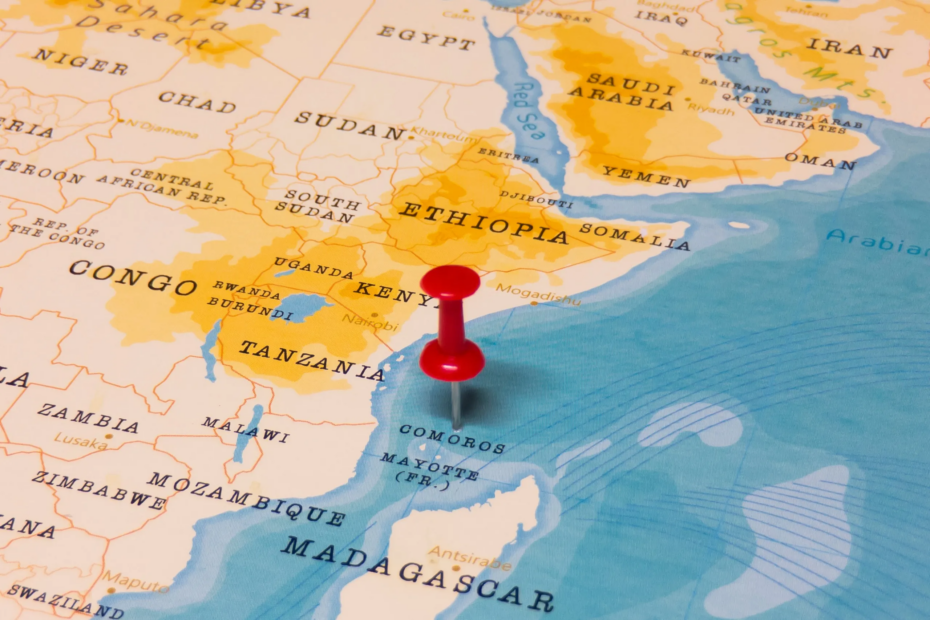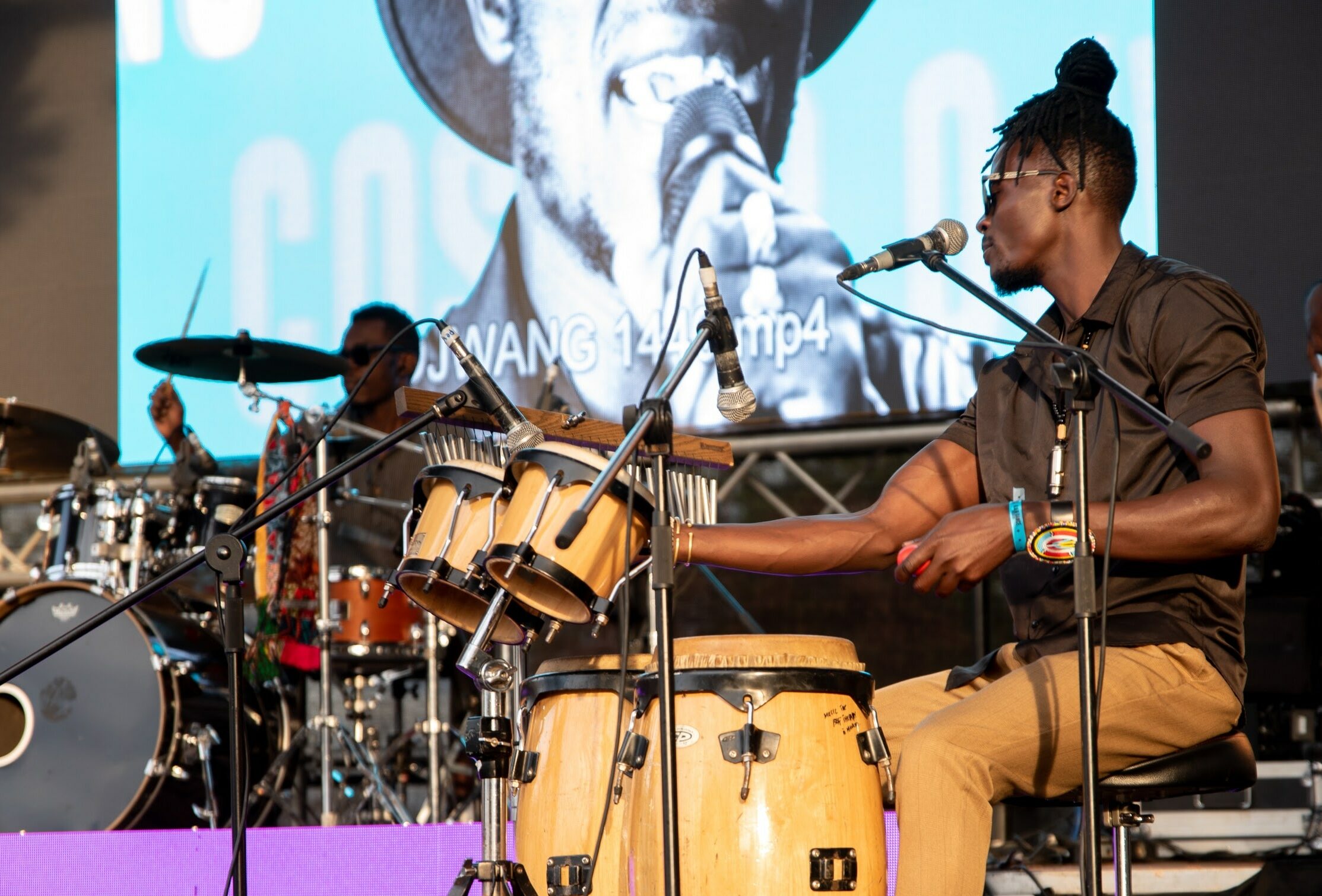Comoros is a small island nation located in the Indian Ocean, off the eastern coast of Africa. It is officially known as the Union of the Comoros and comprises three main islands and numerous smaller islets. The three major islands are Grande Comore (Ngazidja), Mohéli (Mwali), and Anjouan (Nzwani). This country profile takes you through its unique geography, rich history, captivating culture, and vibrant economy.
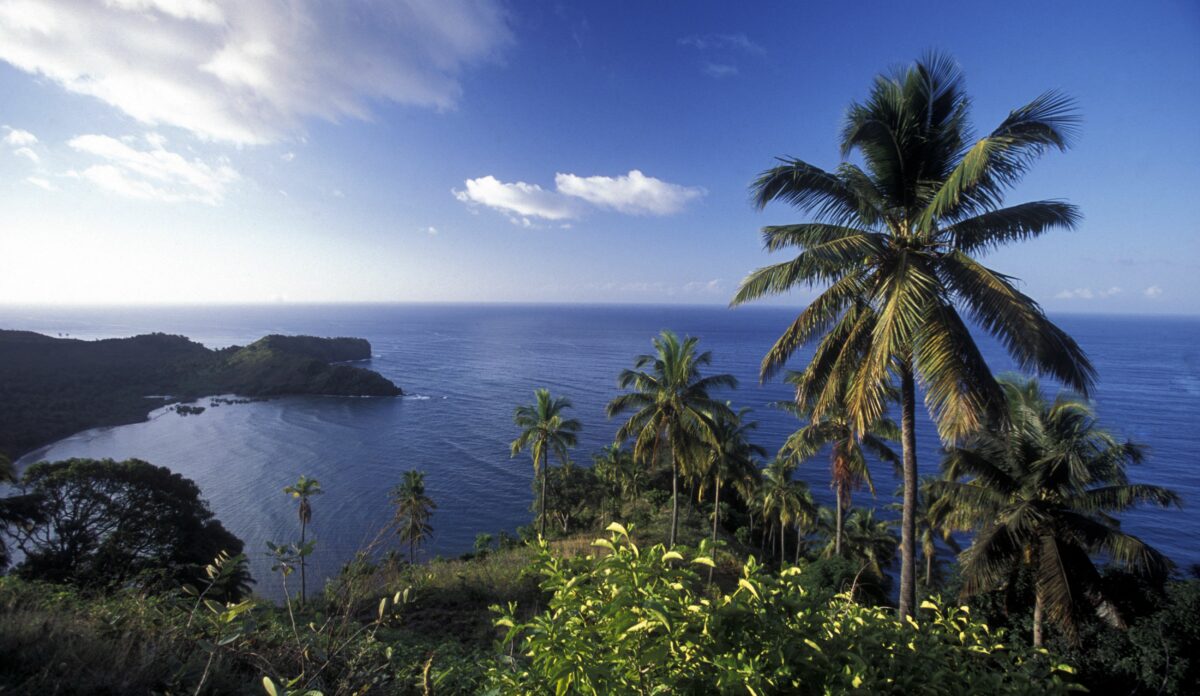
Geography and Climate
The Comoros comprises three major islands: Grande Comore, Mohéli, and Anjouan, each boasting stunning landscapes with rolling hills, active volcanoes, and vibrant coral reefs. The islands are strategically located at the northern mouth of the Mozambique Channel, between the eastern coast of Africa and the island of Madagascar. They are also surrounded by pristine turquoise waters, harboring vibrant coral reefs and abundant marine life.
The climate in Comoros is tropical and maritime, characterized by moderate temperatures and high humidity. The average temperature hovers around 23 to 28 degrees Celsius throughout the year. There are two distinct seasons: the hot and rainy season from November to April and the cooler and drier season from May to October. The islands also experience periodic cyclones, which are more common during the wet season. Read Also: The Top 8 Smallest African Countries [With Pictures]
History
The history of Comoros is a diverse blend of exploration, colonization, and independence. The earliest known settlers of the islands were Bantu-speaking Africans, who arrived between the 1st and 6th centuries AD. In the 15th century, the islands caught the attention of Arab traders, who introduced Islam to the local population. The Comoros also became a vital stopover for explorers and traders en route to Africa’s eastern coast, further shaping its cultural and economic landscape.
The 19th century marked a significant turning point for the Comoros, as the islands fell under French colonization. The French rule brought significant economic, social, and political changes, evident in the country’s contemporary culture and governance. It wasn’t until 1975 that Comoros gained independence, albeit with several ensuing political challenges, including a contentious relationship with France over Mayotte’s sovereignty.
Today, the history of Comoros continues to shape the nation’s identity, influencing its social, political, and economic structures. The country’s rich history is a testament to its resilience and diversity, a narrative of a nation born out of exploration, trade, colonization, and the quest for independence.
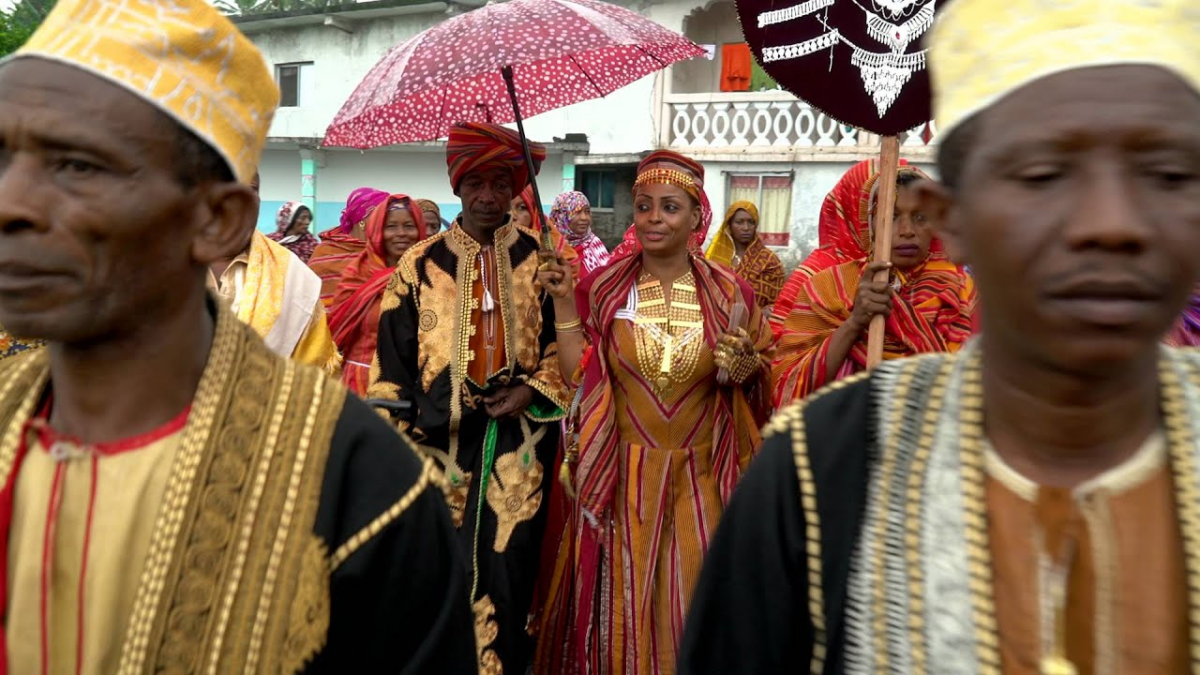
Culture and Traditions
Comorian culture is an eclectic blend of Swahili, Arab, Persian, and French influences, reflecting its rich historical backdrop. The traditional music of Comoros, known as Twarab, is highly influenced by Arab melodies, while the local cuisine boasts an exotic mix of African, Arabic, and French flavors. Staple foods include yams, bananas, and cassava, often served with spiced meat or fish sauce. Read Also: East Africa’s hidden tourism treasures in the Indian Ocean
The people of Comoros take great pride in their oral traditions, storytelling, and music, often accompanied by traditional instruments such as the “gombri” and “tambour.” Festivals like “Mwali” celebrate important cultural and religious events, bringing communities together in joyful celebrations of dance, music, and colorful attire.
Another significant cultural tradition in Comoros is the ‘Grand Marriage,’ an elaborate and expensive event that binds two individuals in matrimony and boosts the social status of the families. These weddings are vibrant displays of Comorian culture, featuring colorful clothing, traditional music and dance, and feasting that could last up to two weeks.
Religion also plays a substantial role in Comorian society. Islam is the dominant faith, with most Comorians adhering to the Sunni denomination. People widely observe Islamic festivals like Eid and Ramadan, and the local architecture prominently showcases beautiful mosques, reflecting the country’s spiritual beliefs.
On the islands, oral storytelling is a cherished tradition that passes down history, moral tales, and local folklore from generation to generation. These stories often depict themes of resilience and survival, mirroring Comoros’s historical narrative.
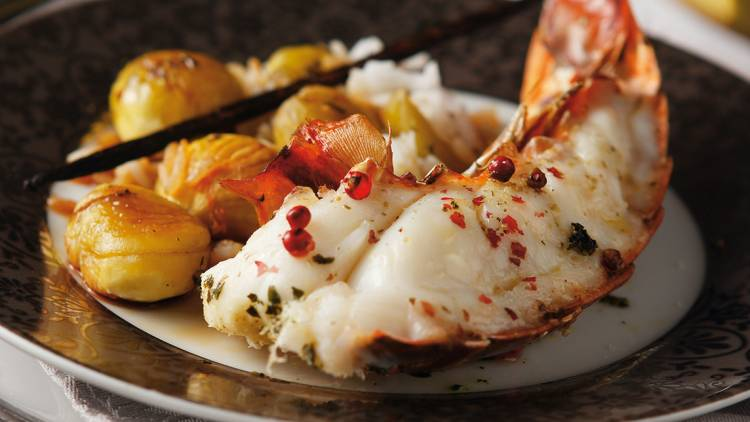
Food And Cuisine
Comorian cuisine offers a delightful mix of flavors and culinary traditions, reflecting the archipelago’s diverse cultural influences. The staple diet of the Comorians consists primarily of rice, cassava, and a wide variety of tropical fruits such as bananas, pineapples, and coconuts. Seafood plays a vital role in the Comorian diet, with popular dishes including grilled fish, octopus curry, and lobster.
Influences from Arabic cuisine can be found in the widespread use of spices like cardamom, coriander, and cloves in cooking. On the other hand, French culinary influences are evident in the Comorian fondness for pastries and other baked goods. Traditional Comorian meals are often served with “mwani,” a local seaweed prepared with spices and lime. Comorian cuisine is a flavorful blend of traditional and exotic, a testament to the country’s rich cultural mosaic.
Tourist Attractions
Comoros boasts many tourist attractions catering to a wide range of interests. The archipelago’s stunning natural beauty is undoubtedly its biggest draw, with pristine beaches, lush rainforests, and imposing volcanic landscapes offering a veritable paradise for nature lovers and adventurers alike.
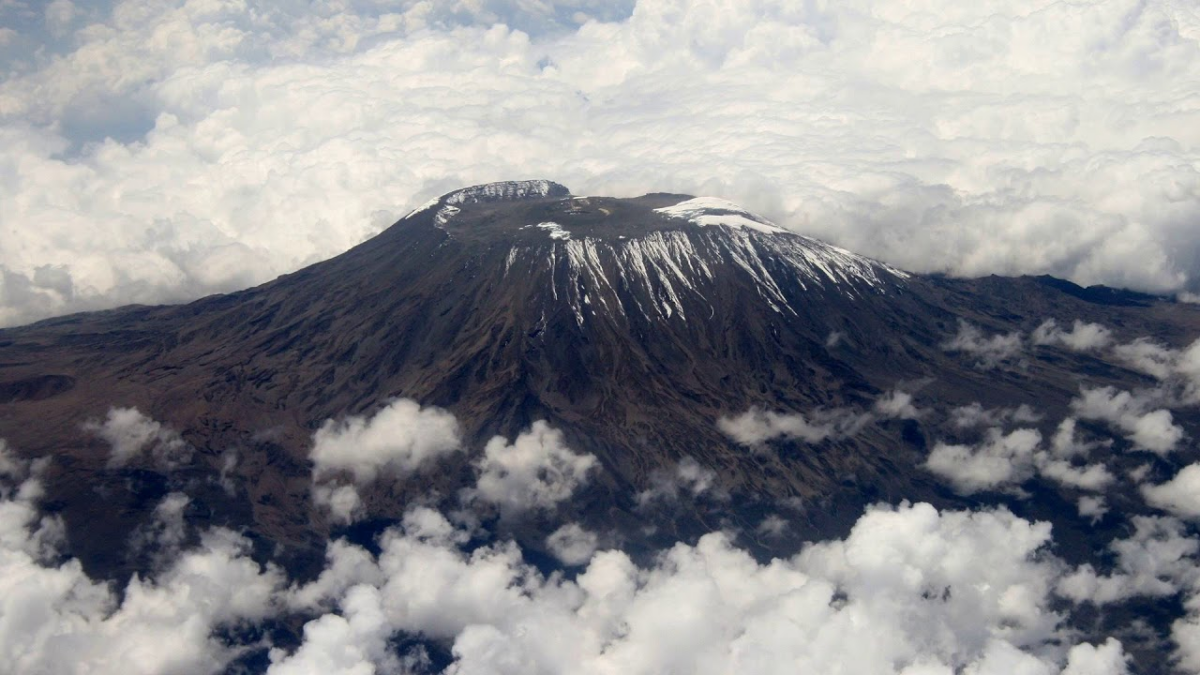
The Karthala Volcano, one of the world’s largest active volcanoes, promises an exhilarating trek for the adventurous souls, while marine parks such as the Coelacanth Marine Park provide opportunities for snorkeling and scuba diving among vibrant coral reefs teeming with marine life. For history enthusiasts, the old towns of Moroni and Mutsamudu, with their winding alleyways and traditional Swahili houses, offer a glimpse into the archipelago’s rich historical and cultural heritage.
Visitors can also admire the grand architecture of the iconic Ancienne Mosquée du Vendredi in Moroni or explore the ruins of the 15th-century Sultan’s Palace in Ikoni. Therefore, visiting Comoros offers a captivating blend of natural wonders, historical intrigue, and cultural enrichment.
Economy
The economy of Comoros is predominantly agricultural, with a significant proportion of the population involved in farming and fishing. Key agricultural commodities include vanilla, cloves, and ylang-ylang, a plant whose essential oil is highly valued in the perfume industry. Comoros is also one of the world’s leading producers of ylang-ylang and the world’s second-largest producer of vanilla.
The fishing industry, particularly seafood exports, also forms a critical part of the Comorian economy. However, the country faces economic challenges such as limited natural resources, poor infrastructure, and a high population density on the archipelago’s inhabitable land.
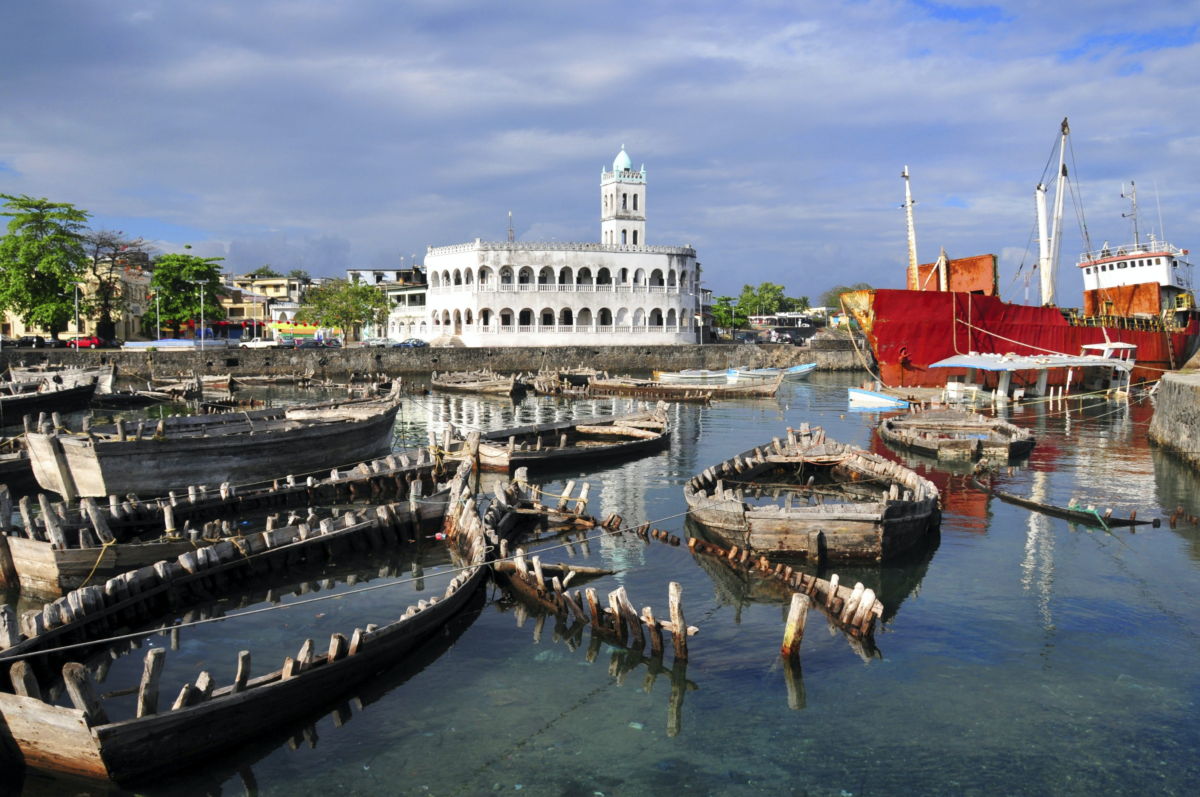
Despite these challenges, the country is making efforts towards economic development, with support from international organizations. Given the country’s attractive beaches and unique cultural heritage, tourism is one area with significant growth potential. The financial services sector is also emerging in the country’s economy.
As Comoros continues to develop and diversify its economy, sustainable industries such as renewable energy and emerging are gaining traction, aiming to preserve the country’s natural beauty and support local communities.
Bottom Line
Comoros, with its breathtaking landscapes, rich history, vibrant culture, and promising economic sectors, offers a captivating experience for travelers and enthusiasts alike. As you explore this enchanting archipelago, immerse yourself in the Comorian people’s warmth and hospitality, indulge in their cuisine’s flavors, and marvel at the wonders of nature that make Comoros a truly unique destination.

